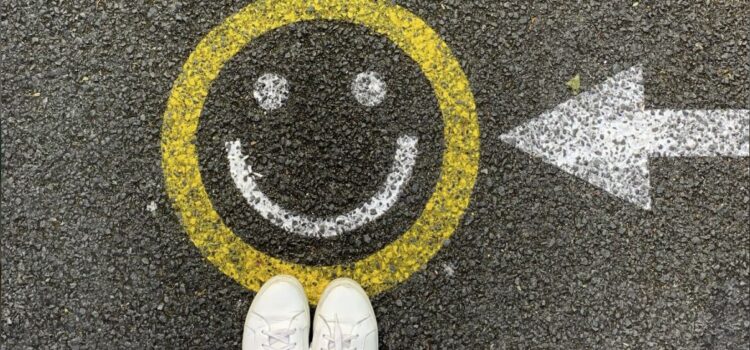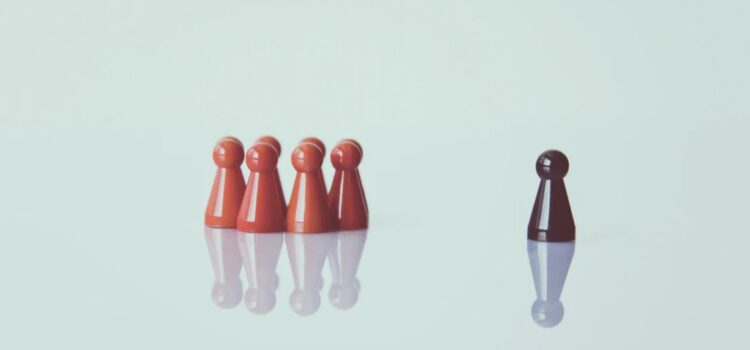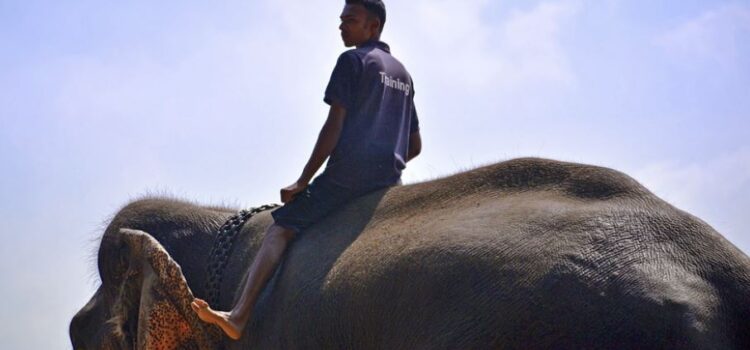Why is building good habits like growing a plant? Why is consistency so important? When you’re trying to build better habits, it’s like planting a seed. Just a little bit of water every day can help the plant thrive and grow to unexpected places. But if you forget to water it, then it will wither away. Keep reading about how consistency is key in building good habits.
Building Good Habits Is Like Growing a Plant










